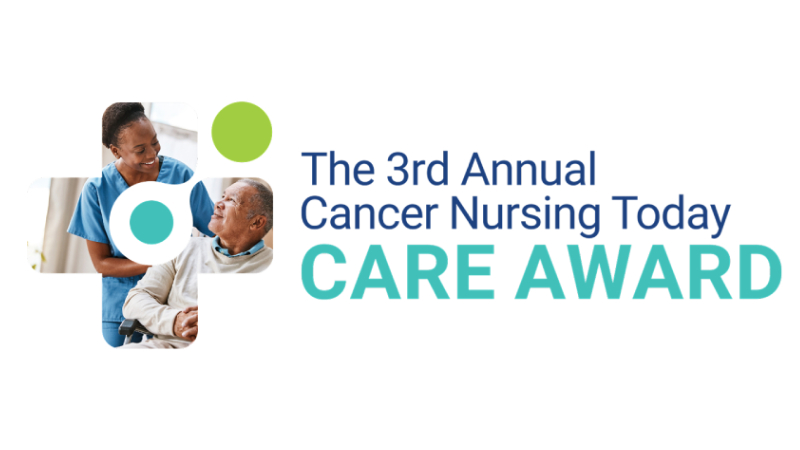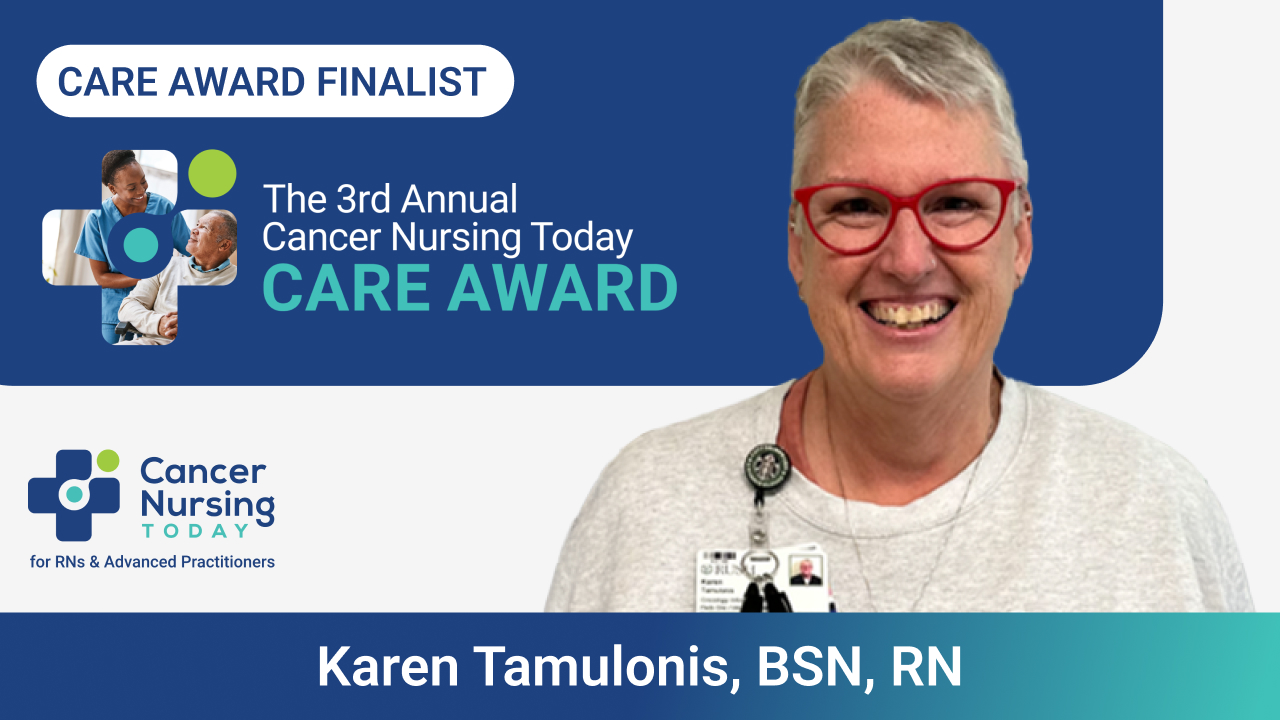Clinical outcomes, BMI, emotional status, inflammatory markers, and complication rates were among other factors analyzed.
GI Cancer
Read the most current news and learn about the latest research developments in gastrointestinal (GI) cancer. Cancer Nursing Today provides the latest clinical findings and perspectives on GI cancers, including liver cancer immunotherapy, risk-prediction models, the link between diet and colorectal cancer, and more. From radiotherapy and chemotherapy to the role of screening in early detection, learn how GI cancer care and research are moving forward.
Nurses play a crucial role in facilitating patient-spouse disease communication in gastric cancer care
The study identified five areas of need related to navigation for patients with hepatocellular carcinoma.
The study was developed based on the Theory of Planned Behavior, originating from the field of social psychology.
Many patients experience psychological distress after transarterial chemoembolization, which can hinder their recovery.
The nurse-led multimodal rehabilitation included health education, exercise, and nutrition interventions.
CyberKnife SBRT is an effective treatment modality for liver cancer, but the overall efficacy is dependent on immune status.
Martha Raymond, MA, the CEO of the GI Cancers Alliance, discusses the brand-new Collective Action Roadmap for GI Cancers.
Less than one-third of eligible people within one regional academic health system had a screening test ordered.
Researchers hypothesized that earlier palliative care referral would mitigate patient symptom burden.
If a symptom was reported by a patient as moderate or severe, an algorithm-based system generated an alert notification.
Trending
Studying for certification tests can be intimidating. Here are some essential tips to help you do your best.
These tips are important resources for oncology nurses who are recent graduates and experienced nurses new to this specialty.
With the shift in cancer care to the ambulatory care setting, a dedicated oncology nurse educator is a key asset to nurses.
Gastroparesis occurs in 60% of patients with advanced pancreatic cancer, and is frequently overlooked in upper GI tumors.
More unique, non-traditional jobs are emerging for oncology nurses to consider outside traditional positions.
Alkaline phosphatase may serve as a discriminating marker in detecting bone lesions in patients with multiple myeloma.





















 © 2025 Mashup Media, LLC, a Formedics Property. All Rights Reserved.
© 2025 Mashup Media, LLC, a Formedics Property. All Rights Reserved.